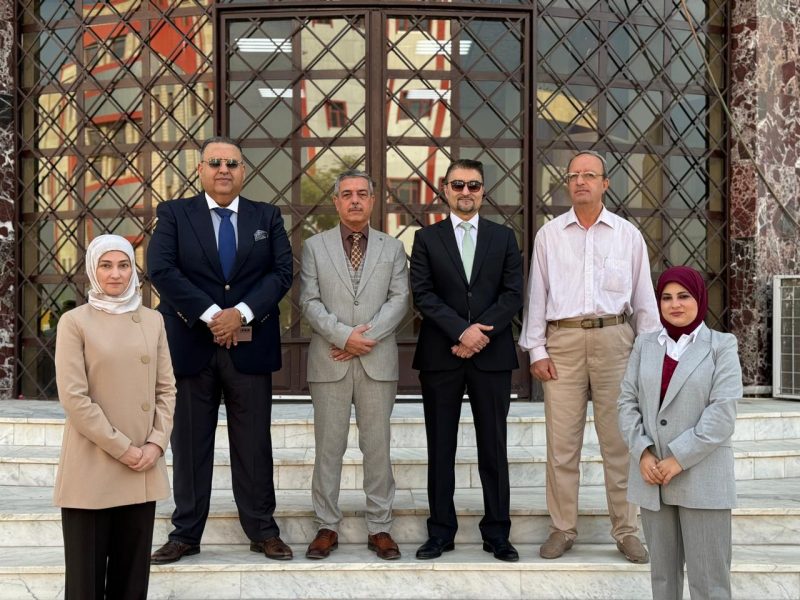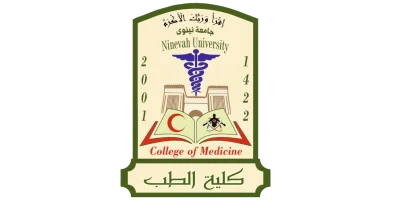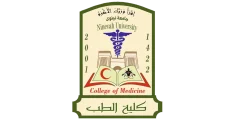Department of Pathology and Forensic Medicine
June 14, 2025 2025-09-12 18:31فرع الامراض والطب العدلي
Focuses on understanding pathological changes and diagnosing causes of death from a medical and legal perspective.

Department of Pathology and Forensic Medicine
Vision:
To excel in the scientific, research, and academic fields while keeping pace with advancements and developments in the specialty.
Mission:
To prepare students with the scientific and practical skills to understand the foundations and development of diseases, link them to clinical aspects, and recognize the importance of forensic sciences in serving society and assisting the judiciary in resolving various medical-legal cases, while graduating doctors with sufficient expertise to handle such cases in their professional lives.
Program Overview
The Bachelor of Medicine and Surgery program at Nineveh University, Department of Pathology and Forensic Medicine, aims to prepare distinguished doctors in diagnosing diseases and understanding the legal and forensic medical aspects. It follows an annual system and aligns with Iraqi national accreditation standards.
Accurate Diagnosis
Understanding disease mechanisms and diagnosing them accurately.
Forensic Medicine
Teaching the legal aspects of medicine.
Professional Ethics
Instilling values of respect for patients and honesty.
Vision
Preparing proficient doctors in disease diagnosis and the legal aspects of forensic medicine.
Mission
Equipping students with knowledge and skills to diagnose diseases and support medical justice while adhering to ethical standards.
Program Objectives
Understanding disease mechanisms and diagnosing them accurately.
Equipping students with humane and ethical interaction skills.
Enhancing scientific and analytical thinking in diagnosis.
Teaching the legal aspects of forensic medicine.
Preparing students to use modern diagnostic techniques.
Learning Outcomes
Knowledge
Understanding microscopic and macroscopic disease changes and their mechanisms.
Skills
Selecting appropriate diagnostic procedures and interpreting reports.
Values
Respect for patients, maintaining their confidentiality, and honesty.
Curriculum Structure
Pathology (12 theoretical hours, 6 practical hours)
Covers understanding of disease pathogenesis, microscopic and macroscopic changes, and diagnostic mechanisms.
Forensic Medicine (12 theoretical hours, 6 practical hours)
Focuses on legal aspects, determining causes of death, and diagnostic techniques.

